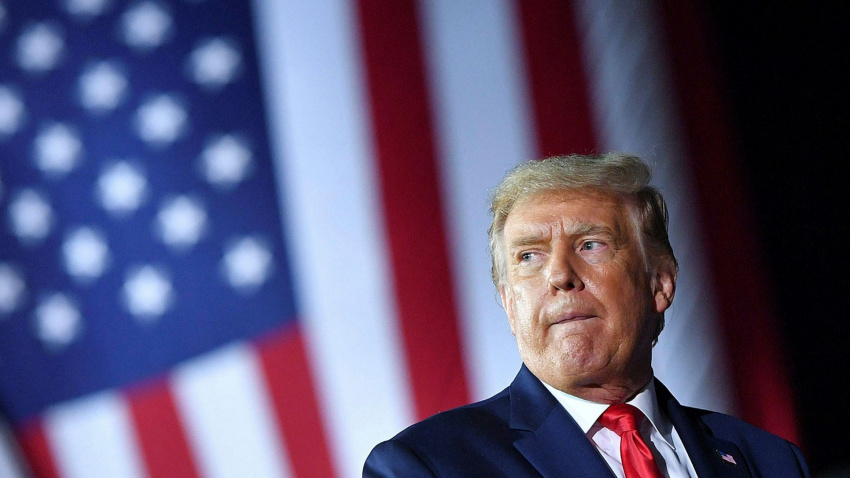Preparing for the Post-Trump Era

The approaching US presidential election promises to deliver a historic blow to the Republican Party by dispossessing it of the control of the White House and the Senate. With national polls consistently indicating a healthy Biden lead as well as troubles for several Republican senators, the stage is now set for a one-term presidency of Donald Trump and a landslide victory by the Democrats sweeping the executive and legislative branches, thus putting an end to the Trumpian 'nightmare of reason'.
Should this happen, no doubt future historians will characterize the tumultuous Trump era as one of the most divisive and polarizing chapters in modern US history, unparalleled in terms of the incumbent president's incompetence and substitution of prudent leadership with an abundance of folly and vice, including White supremacist racism.
Of course, it remains to be seen if the well-armed Trump supporters will resort to violence if Trump is defeated. Ominous reports indicate that hundreds of right-wing armed militias are training for a showdown and are emboldened by Trump's thinly-veiled desire to call them into action if need be, given his unwillingness to consent to a peaceful transfer of power. Thus, potentially leading the country in the path of a bloody civil war is not beyond Trump's pale, and indeed, would be in sync with his combative style and refusal to accept defeat of any kind.
In anticipating a Republican historic defeat, one must take into consideration a plethora of factors, including the pandemic's latest surge underscoring the ineptness of Trump administration as well as the banality of Trump's empty promises of an approaching end to the pandemic, belied by all the incoming health data across the US and the 'waiting for Godot' of vaccine. With the pandemic taking center stage at this presidential race, Trump's report card is close to F, reflected in the opinion polls that show most Americans rate Trump's handing of the deadly crisis as poor and inadequate. Biden, on the other hand, has been able to project the image of a national unifier intent on returning US to its conventional style of domestic and foreign policy, and away from the current Trumpian Orwellian leadership that is purely xenophobic, racist, and authoritarian. This is not to deny that Trump is still supported by millions of Americans who see in him a charismatic leader deserving support. But this group is far from a majority and, most likely, unable to prevent a Biden victory.
The latter will usher a new, and badly-needed, post-Trump era that will be defined in part by the distance it takes to Trump's era -- of outright nepotism, unilateralism, and unprecedented media manipulations. Whether or not Biden will be able to manage a timely transition to a new modality of presidential politics devoid of Trumpian idiosyncrasies and abuses of power remains to be seen. It is clear, however, that discontinuity rather than continuity with the (Trumpian) past will have the upper hands in a new Biden era, one that must inevitably grapple with the sour grapes of wrath that represented the Trump era, perhaps best described in Orwellian terms.
The myriad Trump-led wounds notwithstanding, the post-Trump era will inevitably require an extensive healing period, particularly to recover the devastating bruises inflicted on the fabrics of American democracy, reminding one of 19th century observer, Alexis de Tocqueville, who once wrote, "the greatness of America lies not in being more enlightened than any other nation, but rather in her ability to repair her faults."

